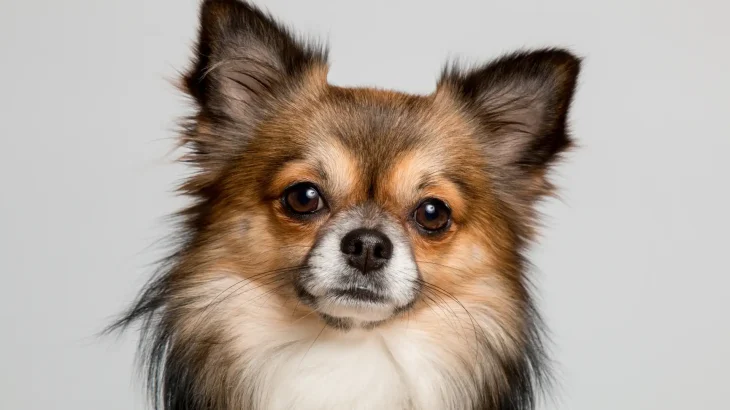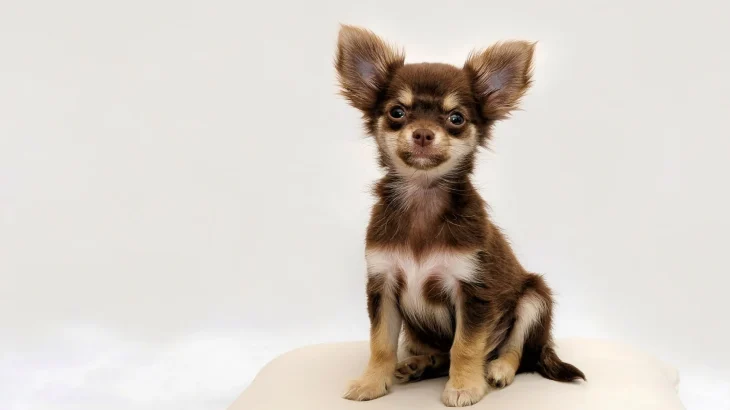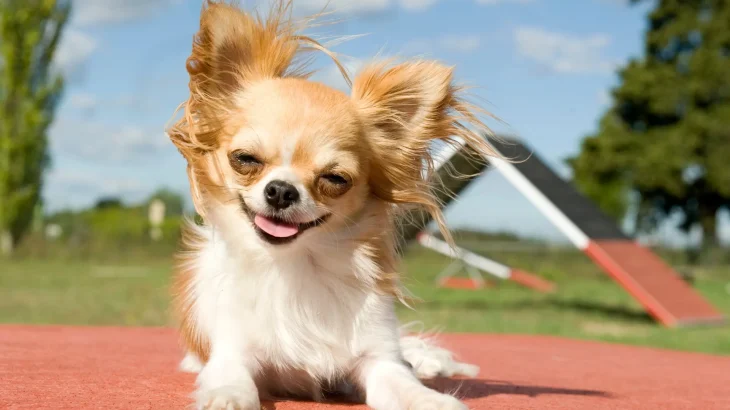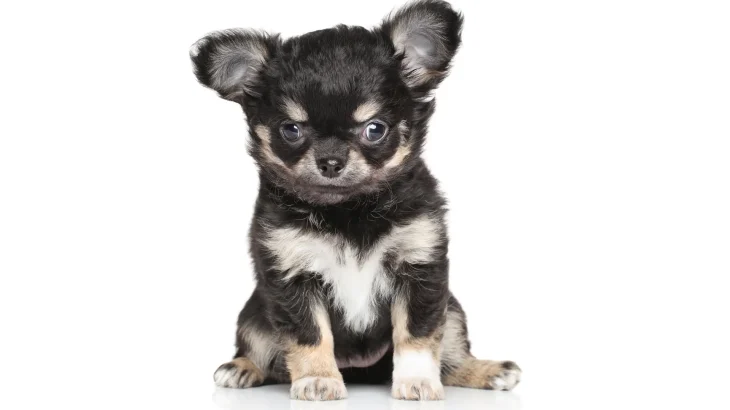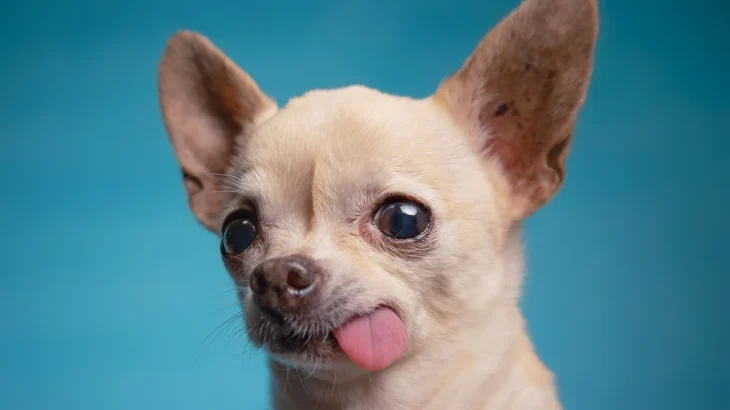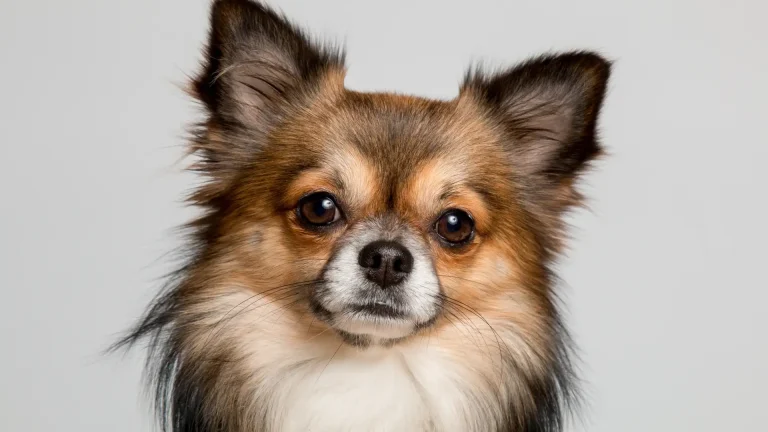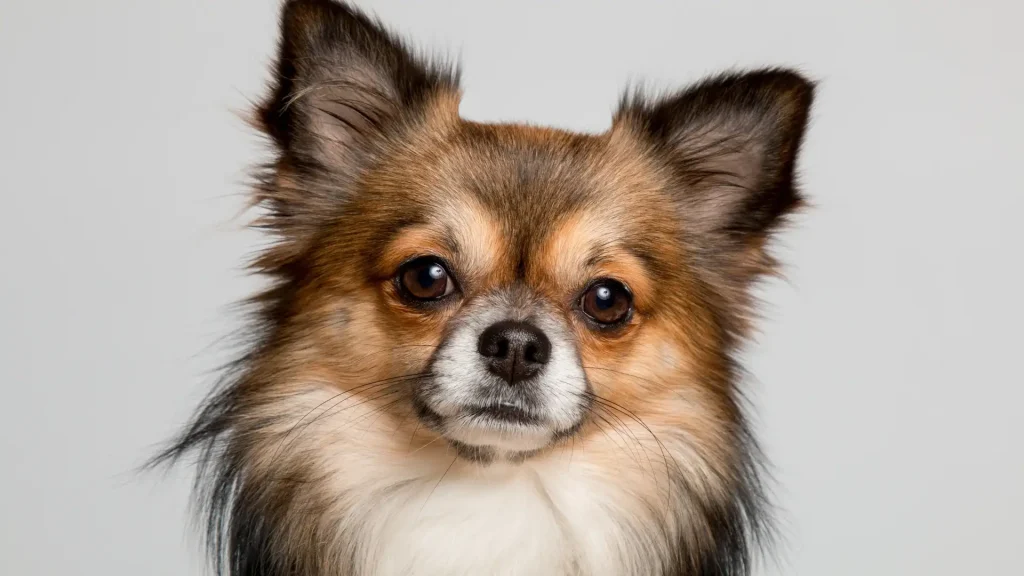Deciding whether to adopt or purchase a Chihuahua puppy involves weighing the certainty of health history and pedigree against the chance to provide a loving home to a dog in need. Purchasing from a reputable breeder typically offers detailed health information and pedigree verification, while adopting can be a more cost-effective and ethical choice that supports animal welfare.
Adoption vs. Breeder: Pros & Cons
| Criteria | Buying from Breeder | Adopting from Shelter/Rescue |
|---|---|---|
| Cost | Generally higher, reflecting pedigree and health screenings. | Lower adoption fees, often including vaccinations and neutering. |
| Health History | Comprehensive genetic screening and health records available. | Health background may be limited or unknown. |
| Age Availability | Mostly puppies, ideal for raising from early age. | Varied ages, from puppies to adults. |
| Temperament Insight | Breeders provide lineage-based temperament details. | Shelter staff share observed behaviors, but full background may be unclear. |
| Ethical Considerations | Supports responsible breeding if breeder is ethical. | Supports animal welfare by rescuing dogs in need. |
| Breed Purity & Pedigree | Purebred with verified lineage and documentation. | Breed purity may be uncertain or mixed. |

